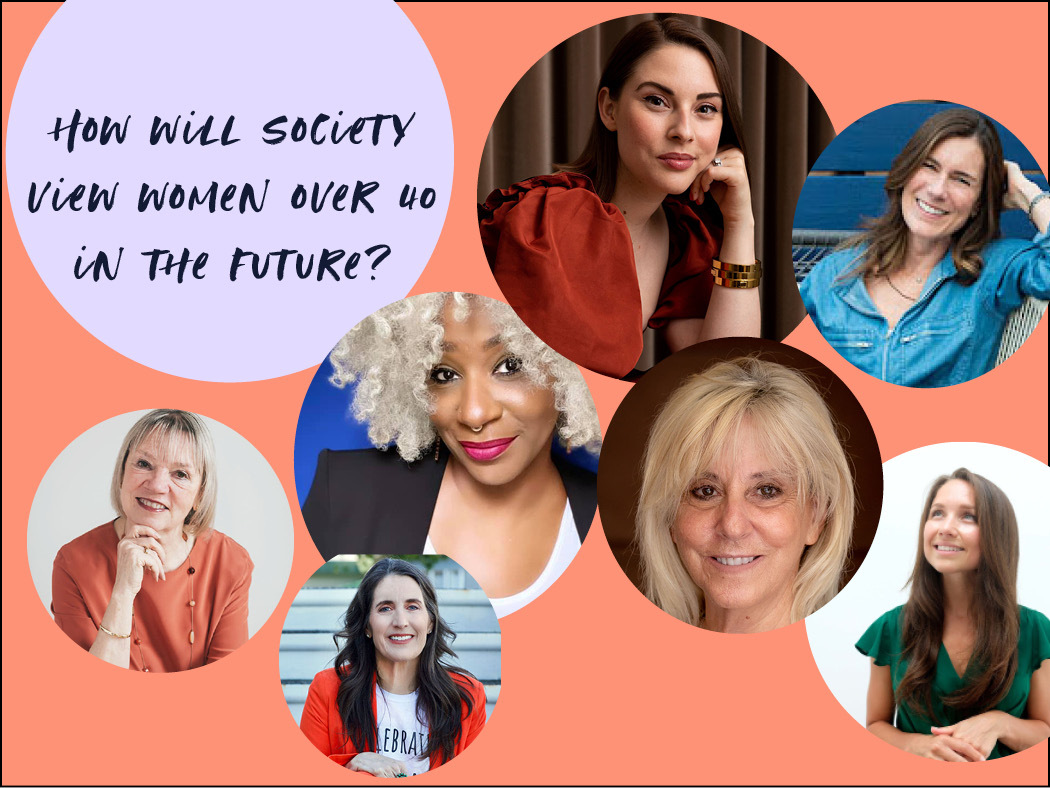
How will society view women over 40 in the future?
You’ve probably seen this image: the Golden Girls and the crew from the Sex in the City reboot, side by side, showing in stark contrast how characters of the same age are portrayed. With only a 30-year gap in the run between the two series, the images couldn’t look more different.
Today’s notion that “60 is the new 40” doesn’t even come close to capturing how much what a 40-, 50-, or 60-year-old looks like — let alone how she lives her life — has shifted in the last 30 years.
Brands often play in a sweet spot between reality and aspiration, meeting consumers where they are today and where they are going to be tomorrow. As the saying goes in business (and hockey), “Skate to where the puck is going, not where it has been.”
Acknowledging that the definition of middle age and preferred terms for defining midlife continue to evolve, we set out to explore a defining question: How will societal views of women 40+ change in the future?
To answer this, we asked leading industry experts for their perspectives. In part two of our Call & Response series, we hear from Aubrey Hubbell of Hazel, Meri Frischman of The Pro-Age Woman, Omisade Burney-Scott of Black Girl’s Guide to Surviving Menopause, Stephanie O’Dell of Celebrate The Gray, Natalie Waltz of Tabu, Erica Fite of Fancy, and Susan Douglas, a professor and author of multiple books.
What do you think the future holds for women 40+? Share your thoughts in comments at the end of this post.
— Rachel Stevens & Amy Cuevas Schroeder
How do you think societal views of women 40+ will change in the future? Say, one year, five years, or 10 years from now?
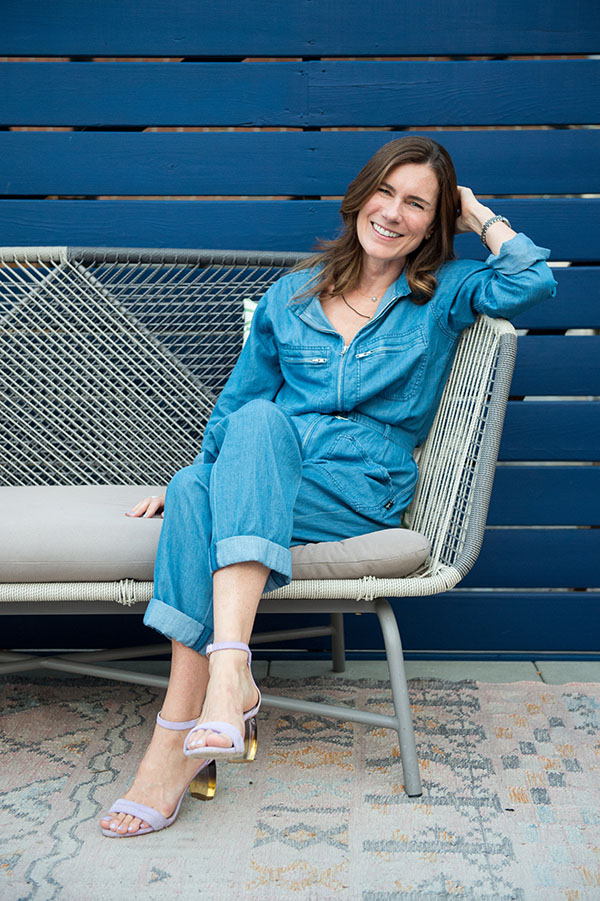
Erica Fite
Creative Director and Co-founder, Fancy, a creative agency for women’s brands
@fancynyc
It’s a fact: women 40+ have long suffered from ageism. I know that there will be less of this in the future. I have seen some change occur in recent years with my own eyes. Still, I’m not sure exactly how long it will take to truly change those negative views; there’s so much repair to do.
A few things happening in our world right now are helping move the cultural needle in the right direction:
Longer life expectancy
People will be living longer, hopefully, healthier, lives, so 40 will not be the “old” midpoint it was before. There will be more of us.
Increased participation in society
As more women 40+ become leaders, business owners, and friends with people of all ages, the perception is bound to change. When someone is a colleague or a confidant, you relate to them and they are not an out-of-touch other.
Expanding business diversity goals
Diversity goals, including age diversity, are becoming an important consideration for corporations and businesses, as well as in film and advertising. Hopefully, it will become very normal to see women of all ages at work, as well as on our screens.
Emphasis on self-care and speaking out
Women 40+ are being more open with each other and kinder to themselves. No doubt because of the ageism thrown at them by society, women have spent a lot of time and money trying to hide their age. Now that an increasing number of women are saying their age (and proudly acknowledging all the experience and wisdom that goes with it), talking about menopause, and sporting gray locks and smile wrinkles, the stigma of being 40+ is starting to disappear. It’s always easier to love someone if they love themselves.
Of course, things will not be as they should be until there is no ageism, or any” isms” at all. Won’t that be fantastic?
Learn more about how women over 40 are poised to be one of the most powerful U.S. demographics.
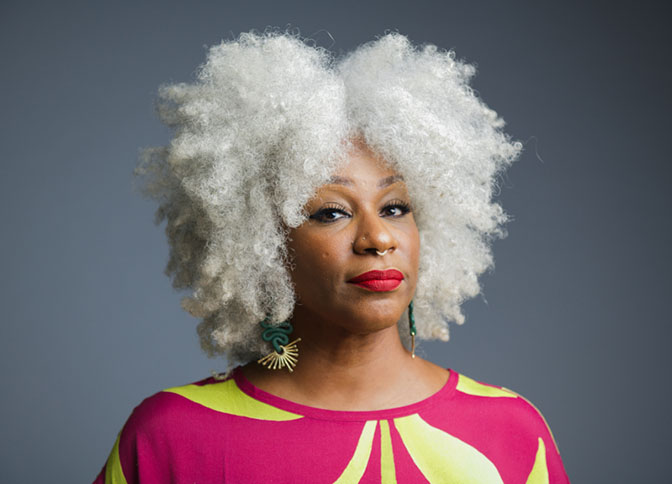
Omisade Burney-Scott
Founder, Black Girl’s Guide to Surviving Menopause
@Blackgirlsguidetomenopause & @omisadeburneyscott
Though we still live in a society that centers youth, I think we have been making steady strides to normalize aging over the past few years. The number of individuals, organizations, and businesses focusing on disrupting anti-aging marketing messages, ageist tropes and stereotypes, discriminatory practices and policies, and elevating age positive realities and truths continues to grow. I believe that we are laying a strong foundation for those of us who are over 40 currently, and for those who will be in the future, to not be saddled by societal notions that an older midlife person or aging person has diminished value. I believe we are laying the groundwork that reminds us all that aging is an iterative experience that allows the individual to continue to become who they are and learn (and unlearn) so much along the way. There is no shelf life on becoming who you are meant to be during your lifetime.
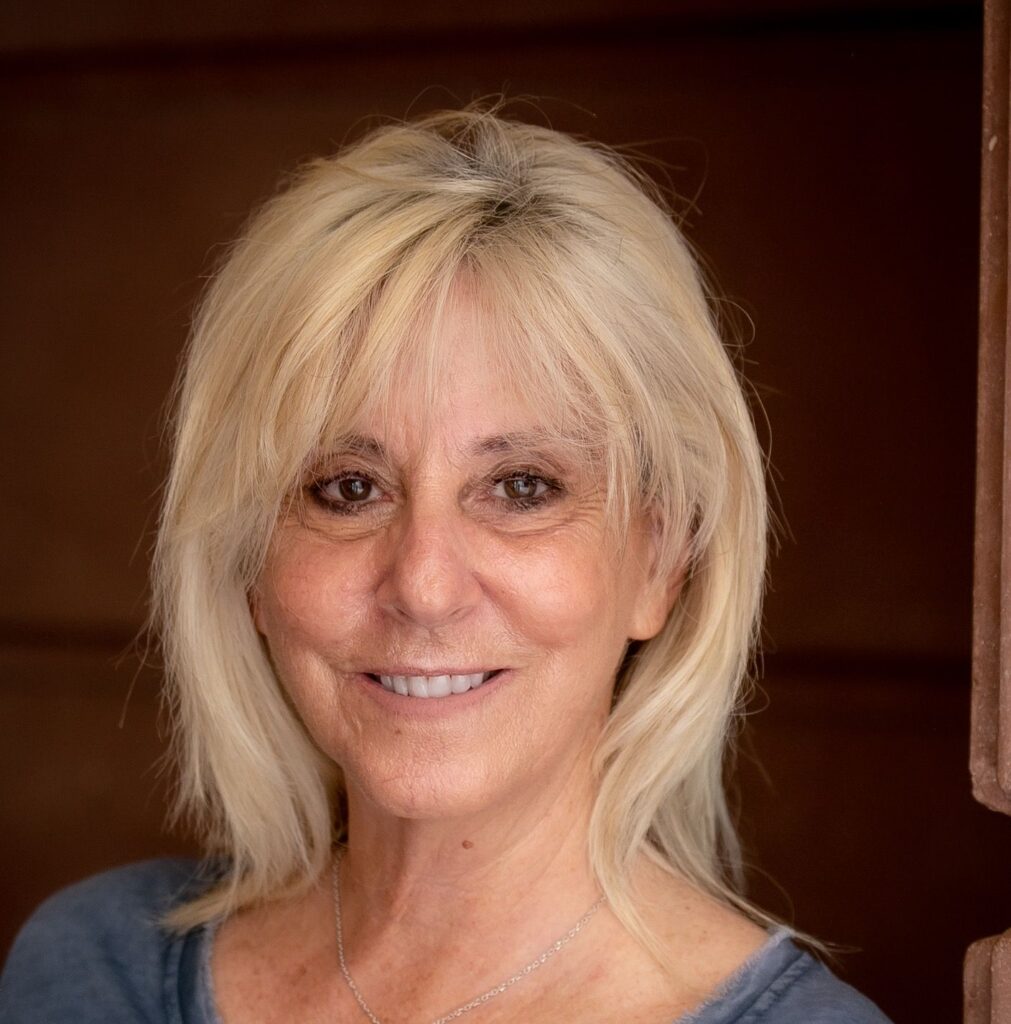
Meri Frischman
Founder, The Pro-Age Woman
@theproagewoman
I think societal views are already beginning to change, thanks to many women age 50 and beyond, who have initiated a movement to represent today’s modern woman.
You speak about 40 as midlife, which, to me, is actually young. I am 70 and can barely remember 40.
We are now beginning to see older women on covers of magazines, actresses finding more roles in movies, and more — more women who are speaking honestly about their age, and less and less advertisements speaking about anti-aging.
This will help shift the stereotypes associated with getting older, maybe slowly, but I see promise. I believe the best way to change societal views on aging is to live the new way of aging; that is, by staying relevant, curious, and engaged in life at every age. We must walk the walk and unite to create a force for change. And that’s what I intend to do.
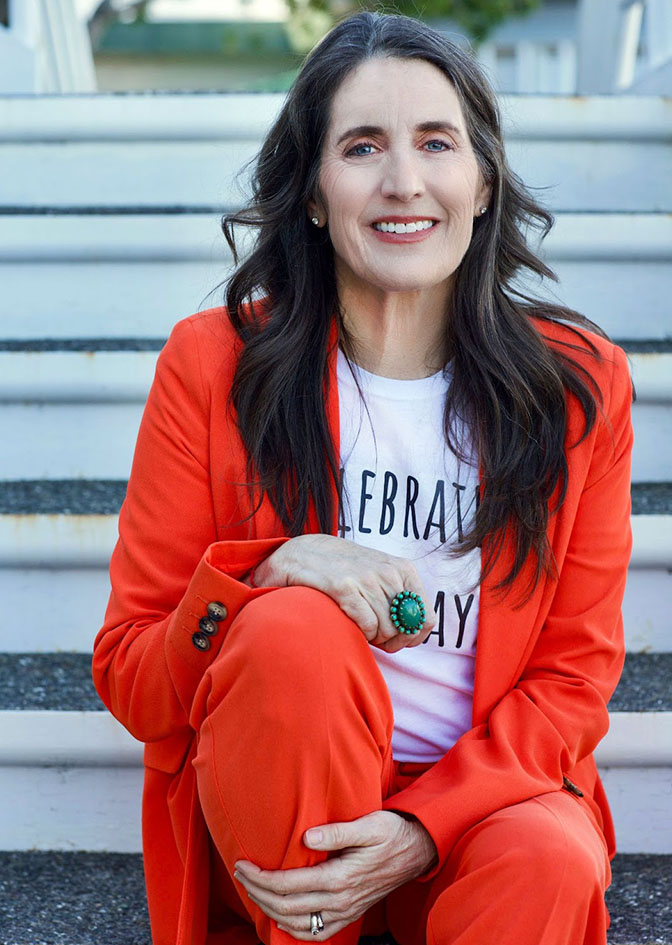
Stephanie O’Dell
Founder, Celebrate The Gray, representing 50+ women
@celebratethegray
Change is happening but, unfortunately, women still allow advertising messages (which are, in fact limitations) to influence how they age. Where is the guidebook on aging? Who is determining what is “age appropriate” to wear, say, and do? We allow big companies to make us feel bad about gray hair and wrinkles. We are encouraged to anti-age versus pro-age. We are told not to celebrate the gray. We are told to hide it, color it, or you will be old.
We are living longer and healthier, and the “age models” used in marketing don’t represent the reality of aging. With age comes wisdom, experience, and, hopefully, confidence. But if you don’t hear the stories of aging with power and instead are served aging with fear, you believe that midlife is a time of sitting back and enjoying what you’ve already done. We don’t hear enough about pushing yourself to do more, expanding your mind, stretching and pushing your body, and proactively participating in how you age. You can’t be what you don’t see.
Women have the power to change how we are represented as we age. We can support those brands that are using real faces. We can let them know what a positive difference they are making and that inclusion matters. We can be vocal and visible on social media and show how we look, feel, and act as we age. We can also have intergenerational conversations so younger people begin to view aging differently.
The shift is happening on a grassroots level with an incredible group of older women who are starting companies to address the true needs of women and they are using their spending power to tell brands to do a better job of including us in an authentic way.
Be part of the change! Be vocal, wear color, don’t be invisible, support brands that are age-inclusive, don’t buy into what advertising is telling you, and, most of all, celebrate the gray!
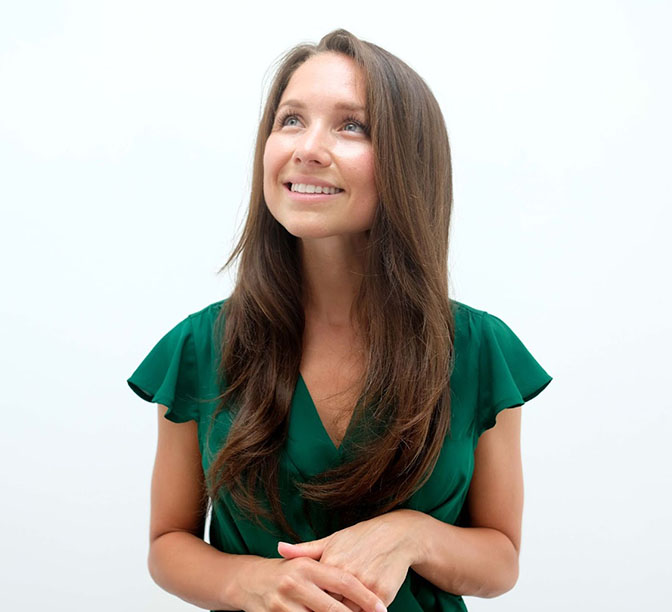
Natalie Waltz
Founder, Tabu, celebrating sexual wellness as we age
@heytabu
At Tabu, this is something we learned over time specifically as it relates to “post-menopausal women.” Technically, we’re considered post-menopausal from the one-year anniversary of our final period on. Marketing to a 65-year-old woman as “post-menopausal” is like marketing to a 32-year-old as “post-pubescent.” As a marketer and a consumer, I’m gonna go ahead and say that’s a poor way to get my attention. Instead of labeling all women over a certain age, we’re getting more specific about what they’re experiencing in an effort to build a stronger relationship between women and our brand.
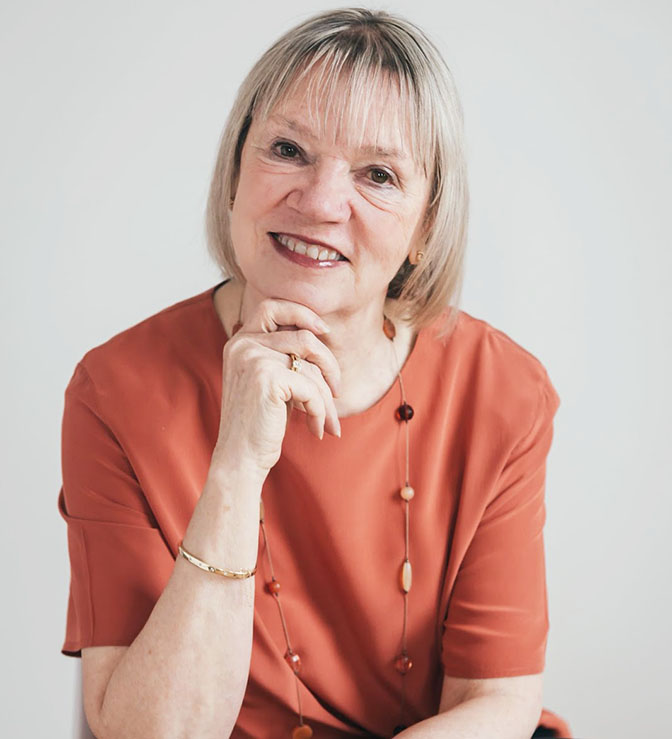
Susan Douglas
Catherine Neafie Kellogg Professor, The University of Michigan
Author of the book, In Our Prime
susandouglas.com
There are more women over 50 than at any time in our history, and many are living longer, are healthier and more active than previous generations. And key to this demographic revolution is how millions of older women feel: Typically 10–15 years younger than what the numbers say. So there’s a real difference between our subjective age (how we feel) and our chronological age. Companies that recognize and cater to that will succeed with older women. And from celebrities (like Helen Mirren, Meryl Streep, Oprah, and Rita Moreno) to politicians (like Nancy Pelosi and Maxine Waters) to everyday women, we are resisting outdated stereotypes about what older women can do, how we must behave, and how we’re supposed to look. If we all continue to defy these stereotypes and call them out when we see or experience them, societal views of older women will continue to evolve and improve.
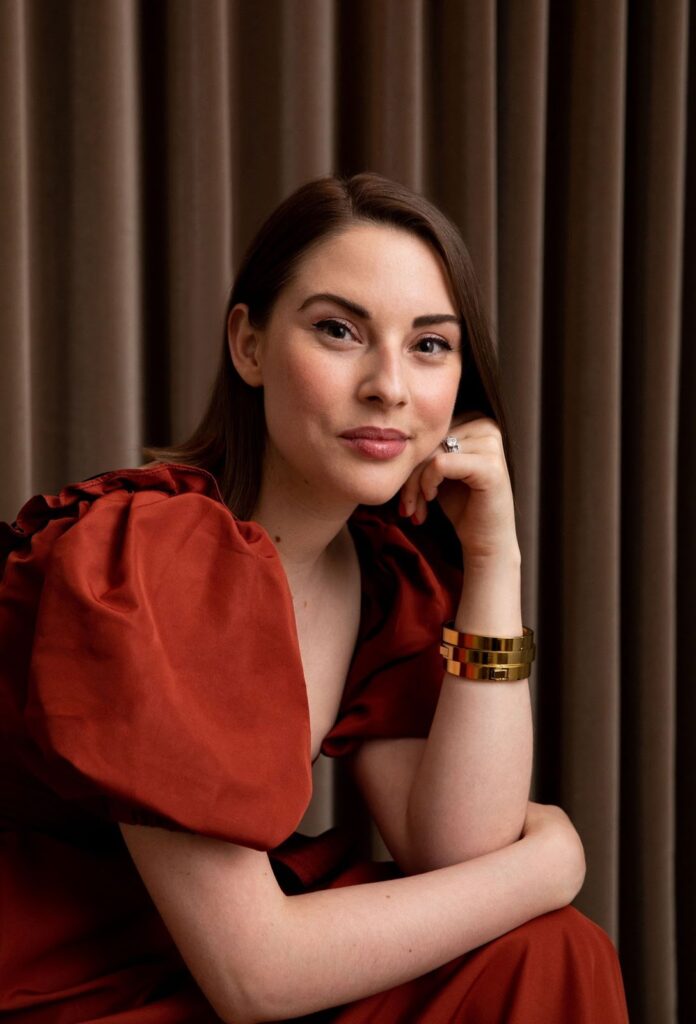
Aubrey Hubbell
Co-founder & Chief Design Officer, Hazel
@hellohazel_
As a society, we’ve gone from ignoring women 40+ to admiring them as “silver influencers.” Marketing was all about anti-aging and now it’s about embracing your gray. Women 40+ are experiencing a revolution and are anything but invisible. And that’s only been in the last five years or so. Imagine what’s to come.
Today’s 40+ woman is breaking the stereotype of former generations. She’s running a marathon at 50, starting a company at 60, and reveling in this new stage of life. She’s at the forefront of fashion, beauty, and wellness, telling companies what she wants, and not accepting anything less. She’s embracing the changes her body is going through and seeking solutions that truly work.
Just like with the women’s movement, body positivity, and vulnerability on social media, aging has been added to the conversation. That’s quickly changing society’s perception about who this woman is. Through storytelling and representation, we’re seeing “her” in a different light.
As women, we know the power of talking about our experiences — whether periods and sex, pregnancy and postpartum, or menopause — not only changes society’s perception, but it lets us know that we’re not alone.
In the years to come, sharing our experiences, whether with fashion, beauty, or wellness, across social media and with our friends will only further that feeling. The more we normalize and discuss what it means and looks like to age, the more society’s perception will shift from dread to aspiration.
How do you think societal views of women 40+ will change in the future?
Share your thoughts in comments below.
Read more of our Call & Response series: What should we call middle-age women — older, midlifer, 40+?
Sorry, the comment form is closed at this time.

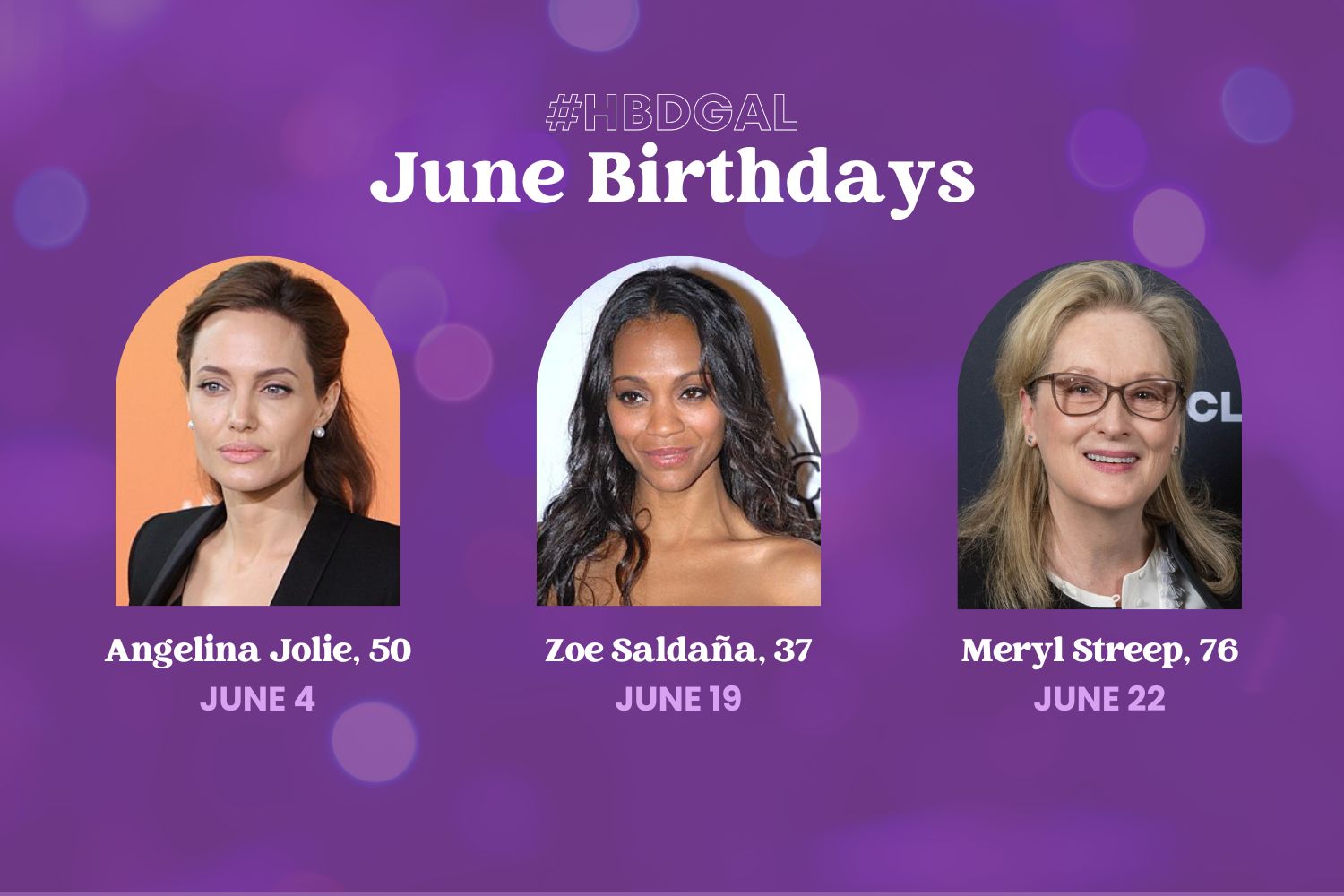
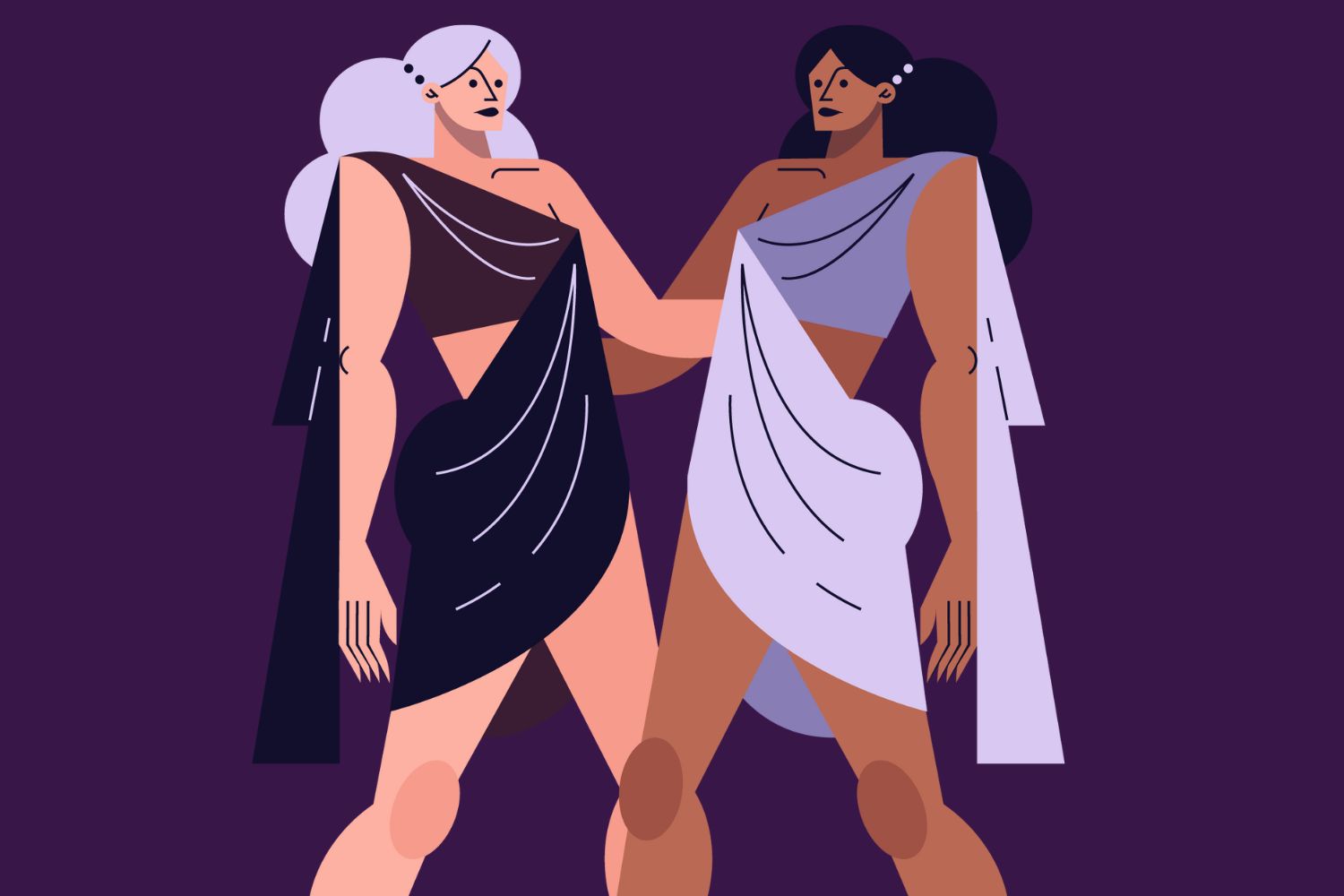
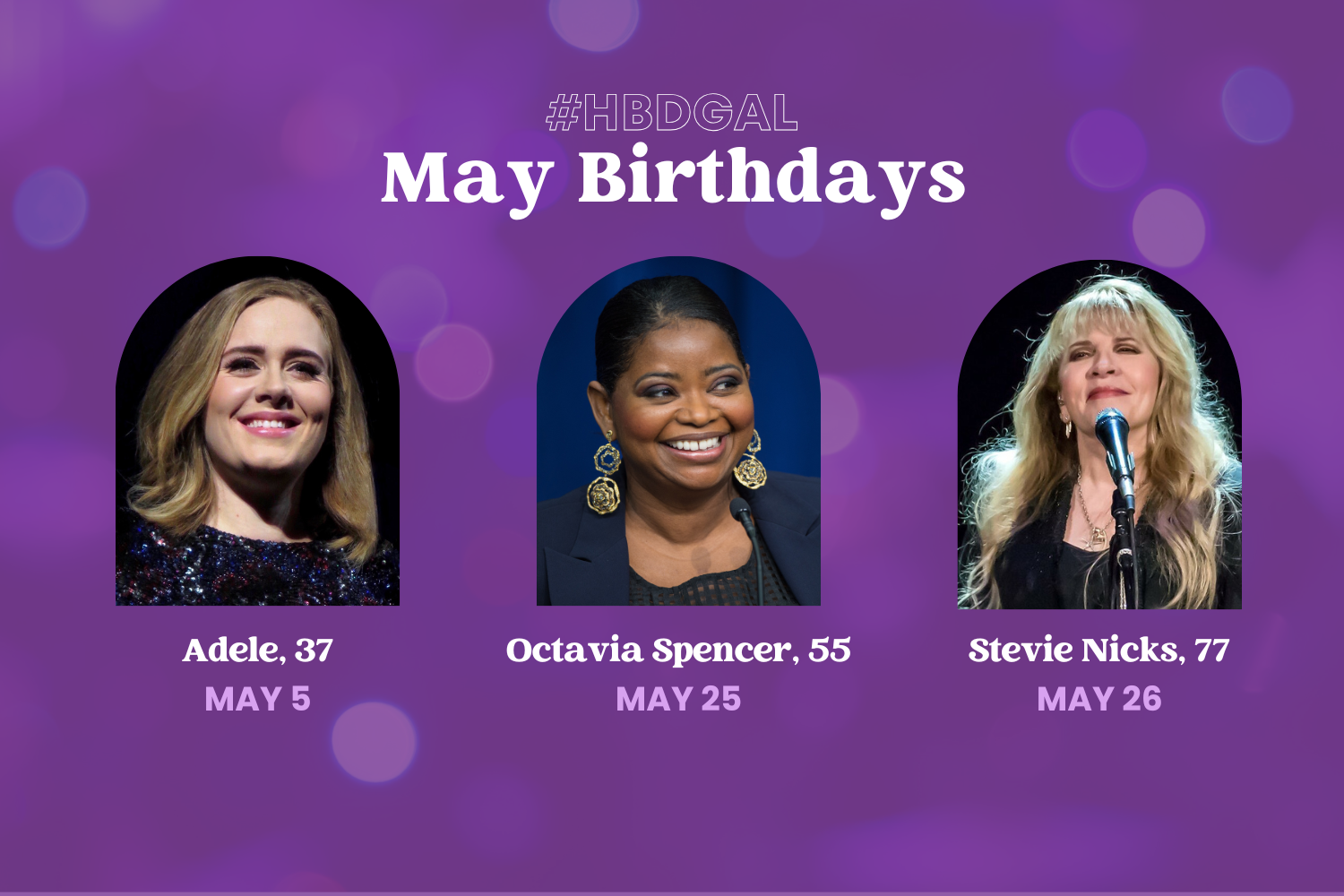
Jenni
Aging has changed drastically. My mom is 72, still walking, exercising, and doing what she can to stay physically and mentally active. When her mom was the same age, she was just sitting around, watching TV all day (ok, we sometimes do that too, but pandemic). She’s gone to Europe and on road trips with her sister (who is 70).
I’m 48, and seeing that, that there is still live left to live at ANY age, makes me thrilled!